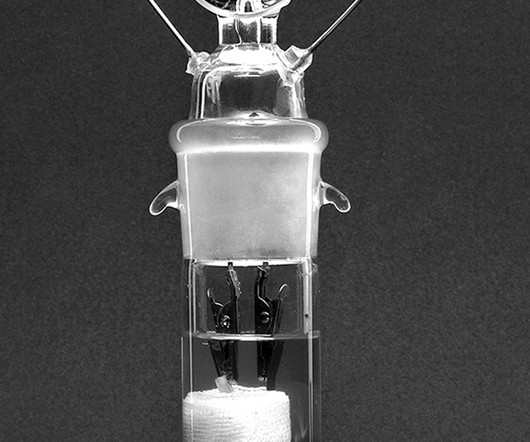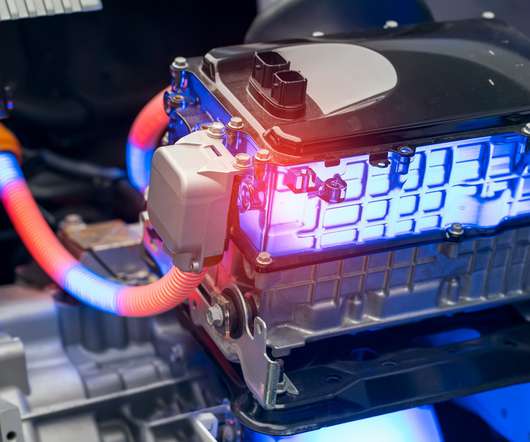Who Really Invented the Rechargeable Lithium-Ion Battery?
Cars That Think
JULY 30, 2023
Fifty years after the birth of the rechargeable lithium-ion battery, it’s easy to see its value. Did Exxon invent the rechargeable lithium battery? The battery’s performance was also unprecedented: It was both rechargeable and very high in energy output. It’s used in billions of laptops, cellphones, power tools, and cars.

















Let's personalize your content